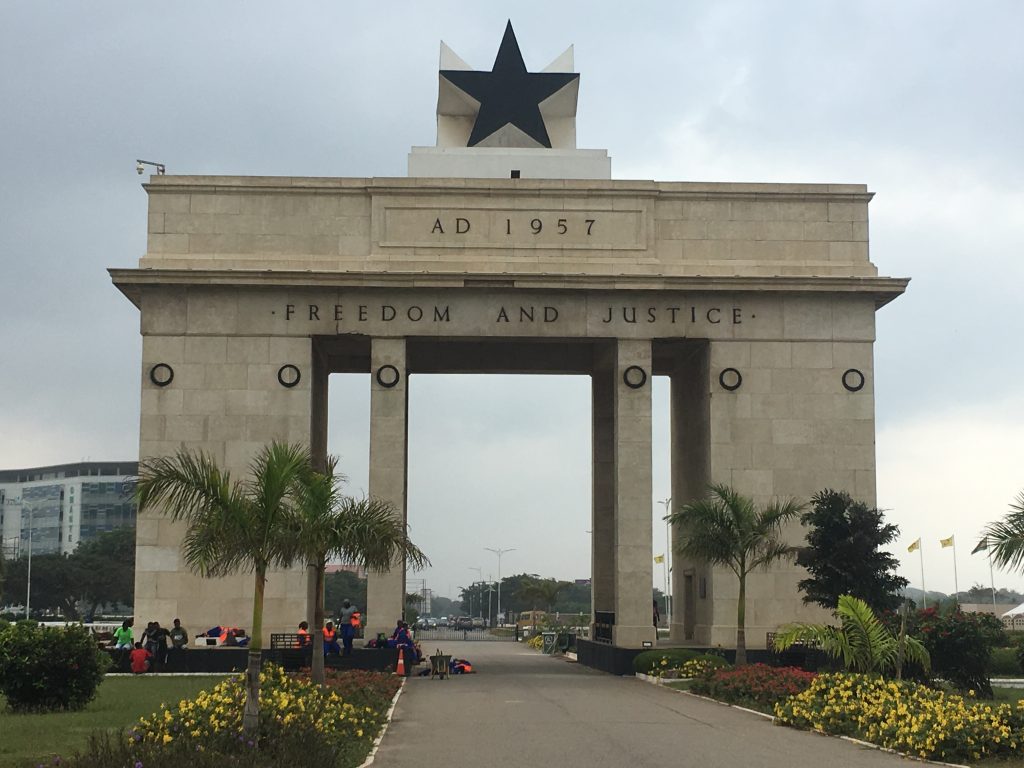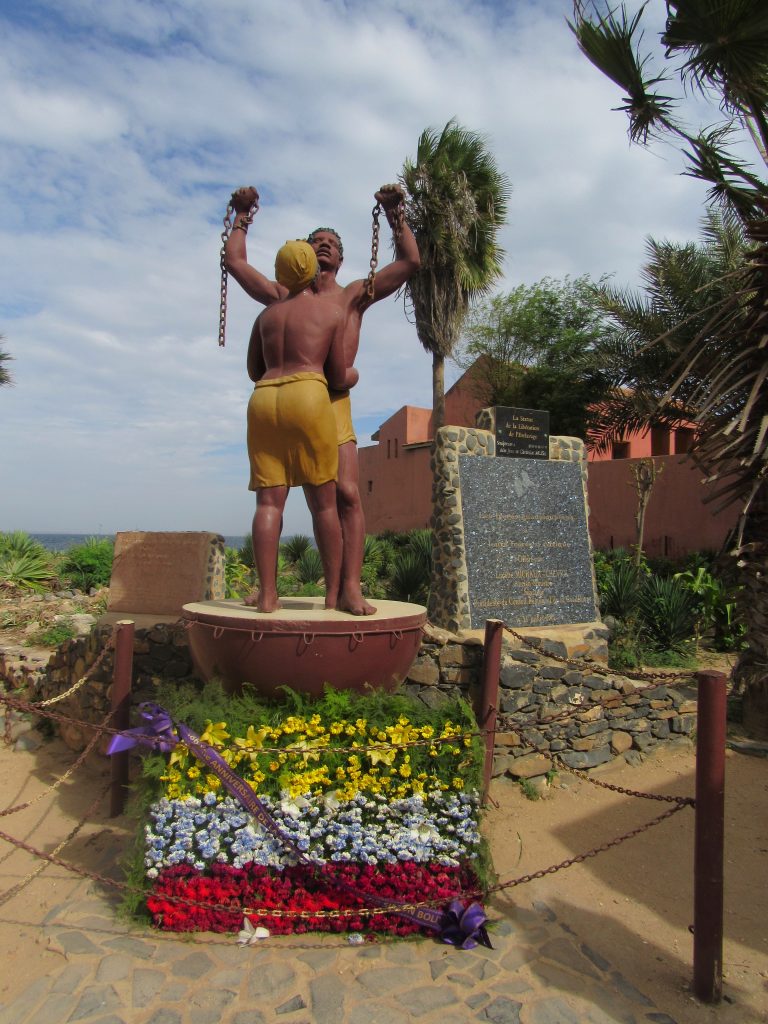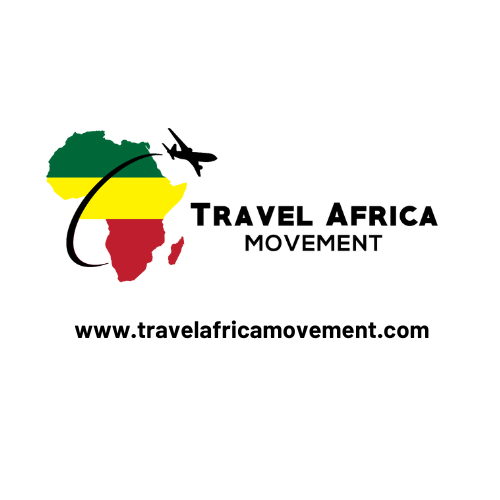In 2019, Ghana issued a clarion call to Black people across the African diaspora to return to Africa and to specifically visit the West African country. Ghana’s Year of Return campaign, which commemorated the 400th anniversary of the arrival of the first recorded enslaved Africans in Jamestown Virginia in 1619, was nothing short of a major success. While Ghana anticipated about 500,000 diasporans, more than one million people answered the call, coming from as far away as Brazil, Jamaica, Canada, the United States and the United Kingdom for the yearlong series of events and cultural activities.
Other African countries have taken note of Ghana’s success and are instituting diaspora initiatives of their own hoping to see a similar tourism boom. If you’re looking to reconnect with your ancestral culture and homeland, there’s never been a better time to go to Africa for heritage travel.

Ghana
During the Year of Return (YOR), the Chiefs of Asebu Traditional Area and Elders created the Pan African Village project and offered free plots of land to qualified African diasporans. On the heels of YOR, Ghana initiated Beyond the Return, a decade-long initiative which it hopes will spur more tourism, investment, and collaboration between Ghana and the diaspora. Under the theme “A Decade of African Renaissance”, the project is built on 7 pillars supported by periodic cultural events, tourism drives, investment programs and diaspora pathway programs. Ghana recently hosted Tulsa Massacre survivors Viola Fletcher (age 107) and Hughes Van Ellis (age 100) and is purportedly formulating a plan for dual citizenship for Black diasporans. The African Diaspora Development Institute (ADDI) is hosting the Wakanda One City of Return Expo in Cape Coast from December 2 to December 13, 2021.
Sierra Leone
Sierra Leone made a splash in January 2021 when it gave citizenship to 22 diasporans who traced their roots to the country through DNA testing. Since then, the Sierra Leone government has partnered with the Black-owned DNA company African Ancestry to help more diasporans discover their ancestral roots and obtain Sierra Leonean citizenship. Under a newly created formal program, diasporans who can prove maternal or paternal lineage through DNA testing (solely with African Ancestry) AND who visit the country through a certified tour company can apply for citizenship. The goal of the program is to increase tourism, business opportunities, investments, and construction projects in the peaceful country also known as Salone. The next citizenship conferment ceremony will be held November 20 to December 4, 2021 in Freetown.
Guinea Bissau
Guinea Bissau has joined Ghana and Sierra Leone in recognizing the ancestral roots of diasporans and welcoming them to the continent. In February 2021, Guinea Bissau launched its own Decade of Return initiative in conjunction with the US-based Balanta B’urassa History and Genealogy Society. The program seeks to increase public knowledge of the country’s historical connection to the transatlantic slave trade and Afro-liberation struggle and set up a new model of development and cultural tourism for small, underdeveloped African countries. Free visas and the opportunity to apply for citizenship are being offered to diasporans whose lineage to the country is verified by DNA testing. The goal is to spur the diaspora’s reintegration into Guinea Bissau’s varied ethnic groups, as well as increase tourism and investment. The next Decade of Return event will occur November 23 to November 30, 2021.
Cameroon
Though Cameroon was a significant source of slaves during the transatlantic slave trade, this central African country has not been on the radar of most diasporans. One Tikar One People, a community of Cameroonians and DNA-tested diasporan descendants of the Tikar and Bamileke ethnic groups, hopes to change that. For 2021, they are holding a special edition of their annual Festival for the Returned for diasporans, to be held from November 26, 2021 through January 7, 2022. The festival will feature cultural events, community tourism, volunteer opportunities and ancestral/naming ceremonies. Additionally, the Tikar and Bamileke Kings have decided to adopt all DNA-tested descendants of Cameroon and give them the opportunity to own a piece of land in Tikar and Bamileke villages.
Senegal
The House of Slaves on Goree Island is one of the most famous memorials of the slave trade. Today, the island is the site of the Goree Island Diaspora Festival, an annual art and culture celebration created to promote the island and reunite the African diaspora. Held in November, the festival has a dual role as a meeting place for cultures and a space for reconciliation. Countries invited to past festivals include Martinique, Cape Verde, Guadeloupe, Brazil and Venezuela.

We anticipate that more African countries will offer heritage tourism, land and investment initiatives, and citizenship opportunities in the coming years. African Ancestry is working to expand their DNA testing partnership to more than 30 countries in Africa where they trace ancestry. Stay tuned for more developments.


Comment (0)